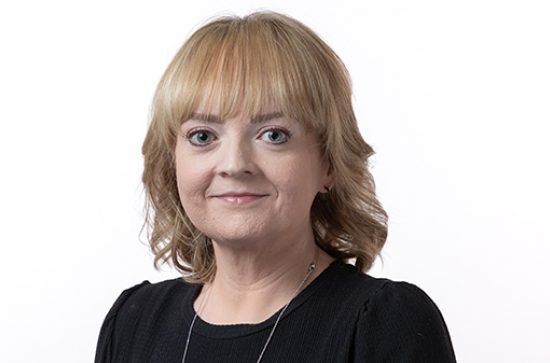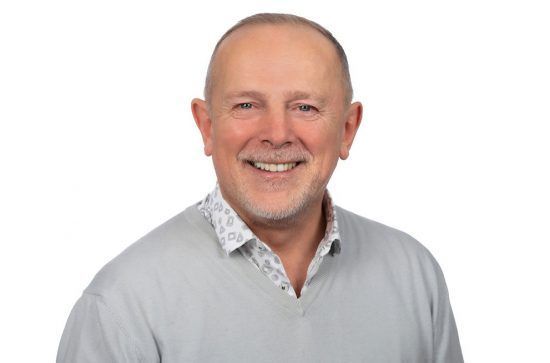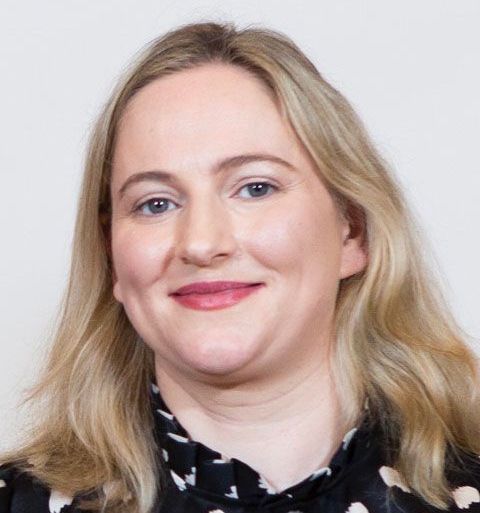Moderator: Dr. Aoife Titley is the lecturer in Global Citizenship Education (GCE) in the Froebel Department of Primary and Early Childhood Education in Maynooth University. Before becoming a teacher educator, she worked as an education researcher and a post-primary teacher. Her research interests include GCE policy and practice, international service learning, anti-racism education and diversity in the primary teaching profession
Showcase: Global Citizenship Education Research
Date: 26 October, 10.00am - 1.00pm
Location: Ormond Meeting Rooms, 31 - 36 Ormond Quay Upper, Dublin 7, D07 N5YH
We are inviting members and anyone working on Global Citizenship Education (GCE) research to join us for a Showcase of Global Citizenship Education Research on Thursday 26 October at the Ormond Meeting Rooms, Room 12, from 10.00am -1.00pm.
Whether you are interested in getting up to date with the ongoing research in the field in Ireland, would like to ensure you practice is informed by research, are interested in engaging more in research, already actively engaged in research, or, are simply curious about the field, there will be something for everyone.
This will be an opportunity to hear first-hand about ongoing Global Citizenship Education research from people who are at the heart of it. It will also be an opportunity to contribute your thoughts on the current state of play of research in the sector, identify shared research priorities for the sector, and what your own research needs as an individual or organisation are.
Registration opens at 09.30am and lunch will be offered at the end of the event at 1.00pm.
The event will begin with a Moderated Roundtable discussion followed by a Q&A. The second part will be a facilitated discussion amongst participants on their views on research in the sector and their needs.
This event has finished.
The programme is available here.
The Harvest Document from this event is available here.
Image Credit: Nick Youngson
Attribution: Pix4free.org
Biographies














